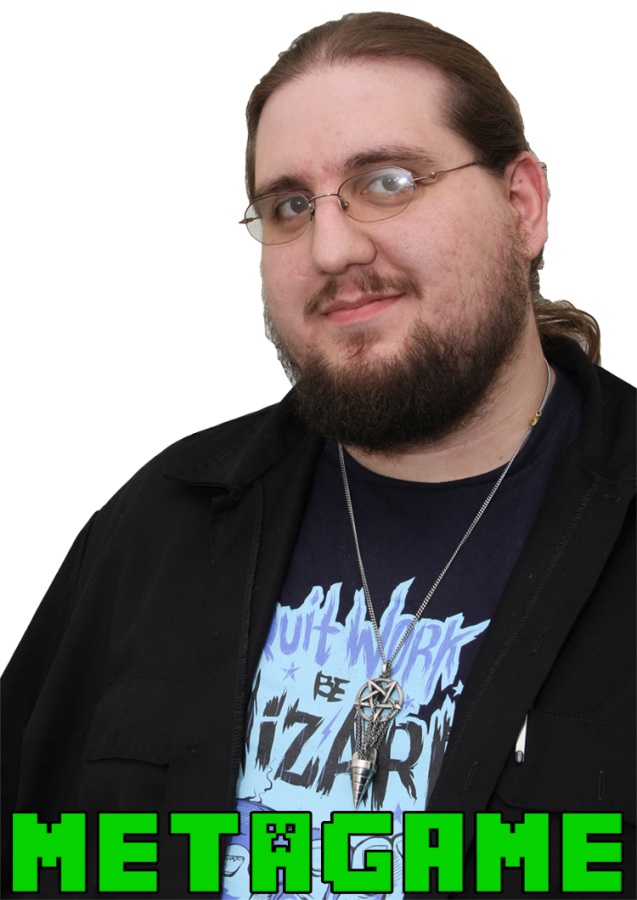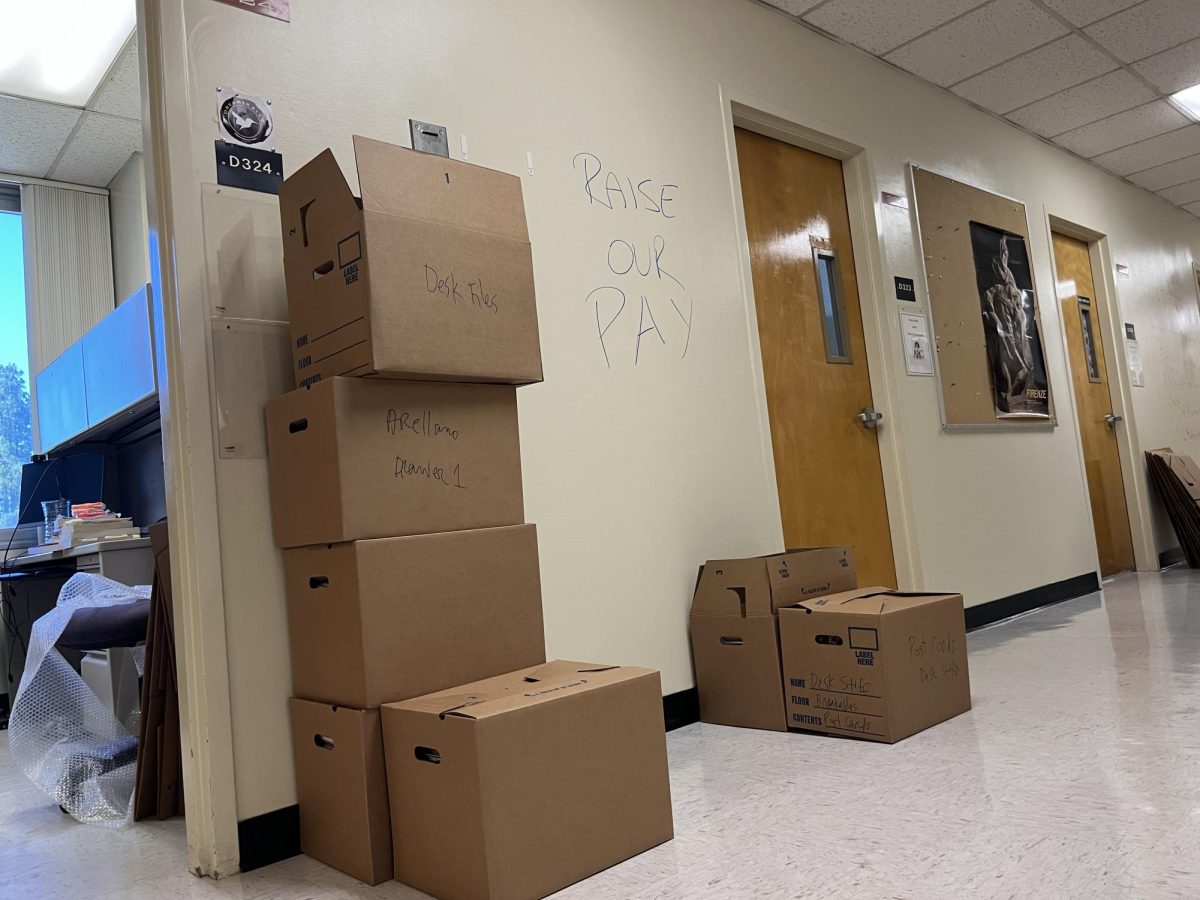The console wars thunder into motion once more. Nintendo released the Wii U last year. The PS4 has just been announced. Fans wait with bated breath for Microsoft’s entry. But the biggest news in gaming this year may be an Indie console the size of a classic Rubik’s Cube that says unflattering things about your mother.
I don’t mean 12-year-old trolls trash-talking on Xbox Live. Apparently, the upcoming indie console, “Ouya,” resembles an impolite word in Swahili—although no one will tell me what.
Ouya is the first non-iterative console since the original Xbox debuted more than a decade ago. The tiny console is completely independent, from production to content. It will come with a controller, retail for $99, and, somewhat surprisingly, appear on the shelves of major retailers, such as Amazon, Target, and Best Buy. Pre-orders and backer rewards will ship in March, and it will hit stores in June.
Other than its price, the most notable thing about the Ouya is its openness. It is Android based, and each console is also a developer kit. The company encourages rooting and hardware hacking. Apparently, if you message them with a particularly impressive idea and ask for the hardware schematics, they’ll actually consider sending them to you. There is one limitation that Ouya has placed on developers—every game must have some amount of free content, such as a demo, or a “freemium” play model.
Ouya is not the only Android-based console coming to market though. The Gamestick is a similar offering from company Playjam. While the Ouya is a traditional, if amazingly small, console, the Gamestick is a console about the size of a smartphone which slips into its own controller, and connects to your TV via flash drive. Playjam says it “almost all the major retailers in the world,” and retails for $20 less than the Ouya.
The Gamestick, however, is not open development. Given that these consoles will be utilizing custom markets (ie, not the general Android Market), which may well be a determining factor in which ultimately comes out on top. Moreover, well-known games, such as Minecraft, and the simple, but oddly compelling, Canabalt, are already committed to the Ouya, while the Gamestick cagily boasts “over 250 developers.” As well, while the Ouya requires content have free functionality, the Gamestick merely suggests it.
Between big name games backing it, and a completely open and free development environment, I believe, if either of these consoles find a foothold in the market, it will be the Ouya. The Gamestick seems to forget that it’s an indie, its site giving the impression of a kid brother trying to follow the big boys. The Ouya site owns it’s maverick status, proudly proclaiming “the revolution will be televised.”








